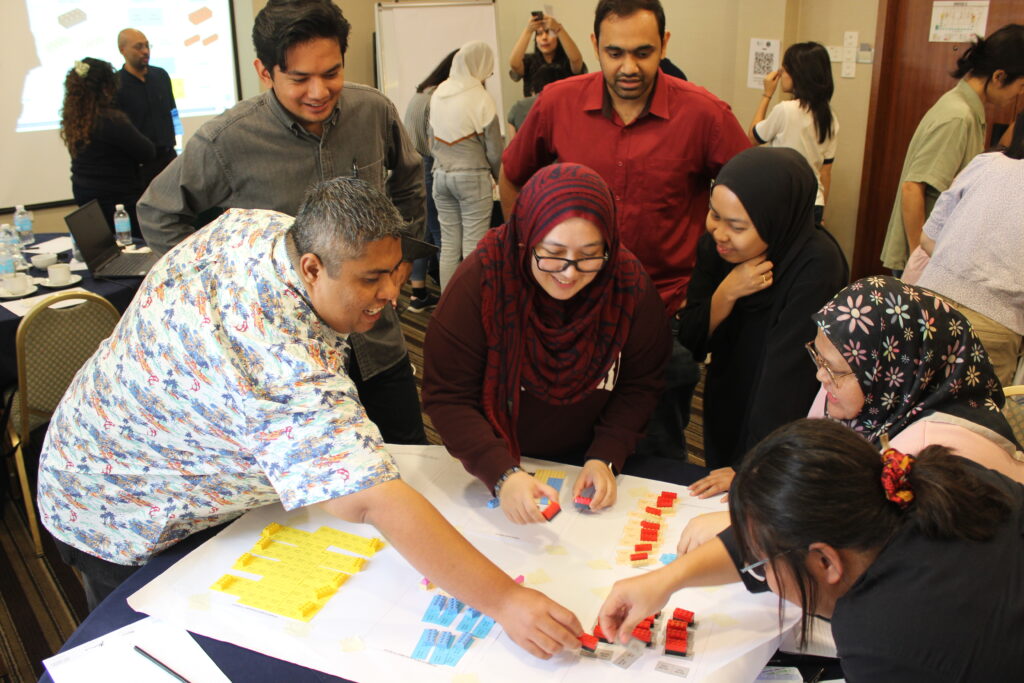
KUALA LUMPUR, June 2: Klima Action Malaysia (KAMY), an organisation that focuses on raising awareness of climate change, and advocating environmental rights, is once again conducting a series of workshops for local journalists to keep them well-informed when reporting in the area of climate change and energy transition.
The workshops, conducted under the programme “Lensa Iklim” first began in 2022, with the support of the European Climate Foundation (ECF), and is currently supported by Tara Climate Foundation.
For this year, a total of four workshops had been planned aimed at taking the media through climate change developments from extreme weather patterns and global warming, importance of reducing greenhouse gas emissions to carbon trade and its impact as well as a run through of Malaysia’s mitigating actions including in the transition to renewable energy sources.
KAMY has engaged experts in the related fields to help raise the understanding of journalists of the dynamics of climate change, the uncertainties posed, the differences in localised weather pattern and actual climate changes and the people most likely to be affected or already affected by global warming.
Participants also gained an insight into Malaysia’s energy sector and its future plans as well as ongoing transition to renewable sources of energy, a critical move considering that the sector is the largest contributor to carbon emissions in the country.
They were also taken through the significance of understanding the many available industry data and their proper interpretation and use in climate change and energy transition reporting.
During the second workshop, speakers comprised Senior Research Associate with Asia School of Business, Ganesha Pillai, who covered the area of national policies and climate goals and energy transition, while energy analyst with the Institute of Strategic and International Studies, Dhana Raj Markandu spoke on energy transition and its set of challenges and possibilities. Broadcast journalist Ahmed Afruh Rasheed spoke on going beyond the data and humanising climate change stories.
Asked if there was still scepticsm about climate change itself, a spokeswoman for KAMY said there would always be different levels of understanding or acceptance of climate change.
“This, however, is not a deterrent factor as work would still continue in addressing climate change and efforts would be made to look at the issue from the various perspectives to ensure that more people can can come on board to do something.”
At the Paris Agreement in 2015, Malaysia pledged to reduce its greenhouse gas emissions by 45 percent by 2030 from the 2005 levels. A total of 195 countries have made their respective pledges to bring down the average global warming to below 2°C this century.
An overheated Earth will pose challenges for basic survival in affected areas with erratic weather patterns such as severe storms, heat waves, floods and droughts resulting in barren lands that cannot produce food, to loss of water sources and heat related illnesses and diseases.
To know more about the activities of KAMY, please visit:https://www.klimaactionmalaysia.org/
— WE